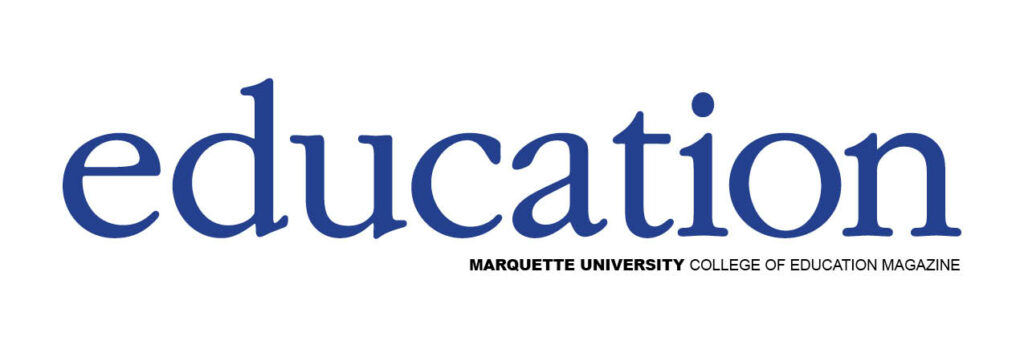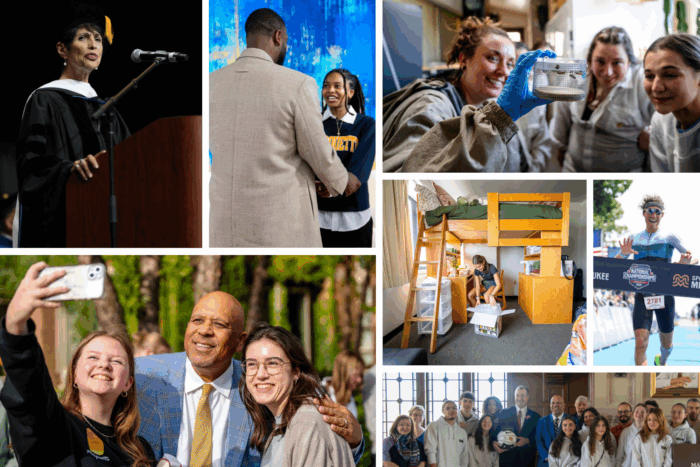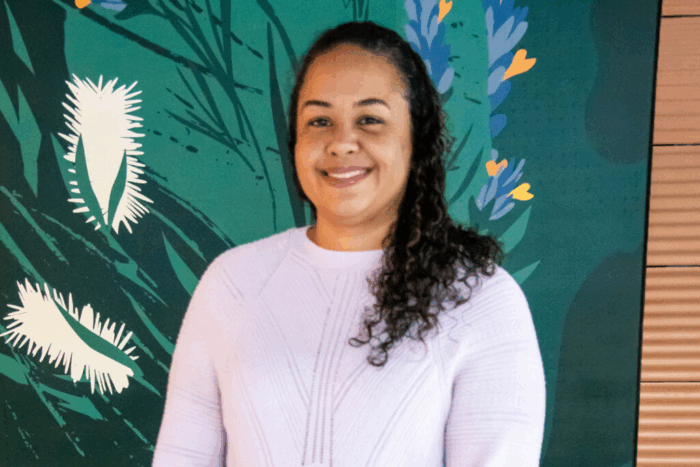When Dr. Mary Carlson started her career as a special education teacher in 1978, the education community’s understanding of autism looked very different than it does today.
“We only knew of a very small class of kids that had autism, and they were generally nonverbal, self-injuring and really difficult to engage in any kind of schoolwork,” Carlson says. But that narrow definition meant some children with autism fell through the cracks. “Many of the kids that I taught had been on the autism spectrum. We just didn’t have the right tools to diagnose it and know it then.”
Now, Carlson, a clinical associate professor of educational policy and leadership, is part of a cross-disciplinary team at Marquette that’s working to reduce barriers to autism diagnoses for children across Wisconsin. The team, helmed by Dr. Amy Van Hecke, professor of psychology in the Klingler College of Arts and Sciences, received a $504,117 grant from the Advancing a Healthier Wisconsin Endowment for its project Battling the Bottleneck: Increasing Capacity for Autism Spectrum Disorder Diagnosis.
“People of color, people who don’t speak English as a first language and poor people may have to wait three or four years before they can get in to see a diagnostician, because there are so few,” Carlson, Grad ’16, says.
That delay can have a serious impact on the rest of a child’s life: “If you look at life outcomes, if kids have early interventions that are paid for by insurance, they have a positive trajectory,” Carlson says. “If they lose three or four early years, their life outcome will not be as good.
It’s an enormous problem.”
The diagnosis bottleneck stems from a lack of health care providers with adequate training. The team at Marquette will provide diagnostic training to providers at the Next Step Clinic in Milwaukee and in tribal nations around the state, hopefully starting at the Menominee reservation in northern Wisconsin.
“The diagnosis is time-consuming, which is why most physicians don’t have the time or training to do it,” Carlson says. The team will also explore opportunities to train nurses and other providers who could perform autism assessments under the supervision of a physician.
Each member of the project team brings specialized expertise from across the university, with Van Hecke from psychology, Carlson from education, and Dr. Norah Johnson, Grad ’01, ’09, associate professor in the College of Nursing, lending a clinical perspective.
“We all see through different eyes,” Carlson says. “We all have our own individual schemas, and when we put those together, it becomes pretty powerful.”
In the first year of the grant, Carlson will establish relationships with tribal communities and medical providers around the state. In the final two years, Van Hecke and Johnson will lead provider training. The team will also train patient navigators to help connect families with diagnostic services.“It’s unjust for people to wait years for a diagnosis because they’re poor or they don’t have money for transportation,” Carlson says. “We’re talking about life trajectory — getting the interventions in place to help kids become fully flourishing adults.”




